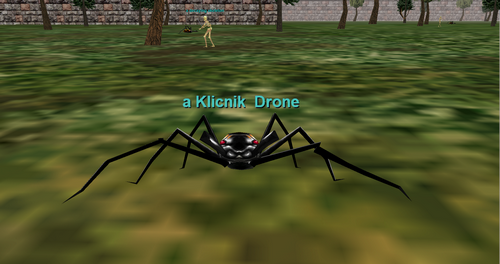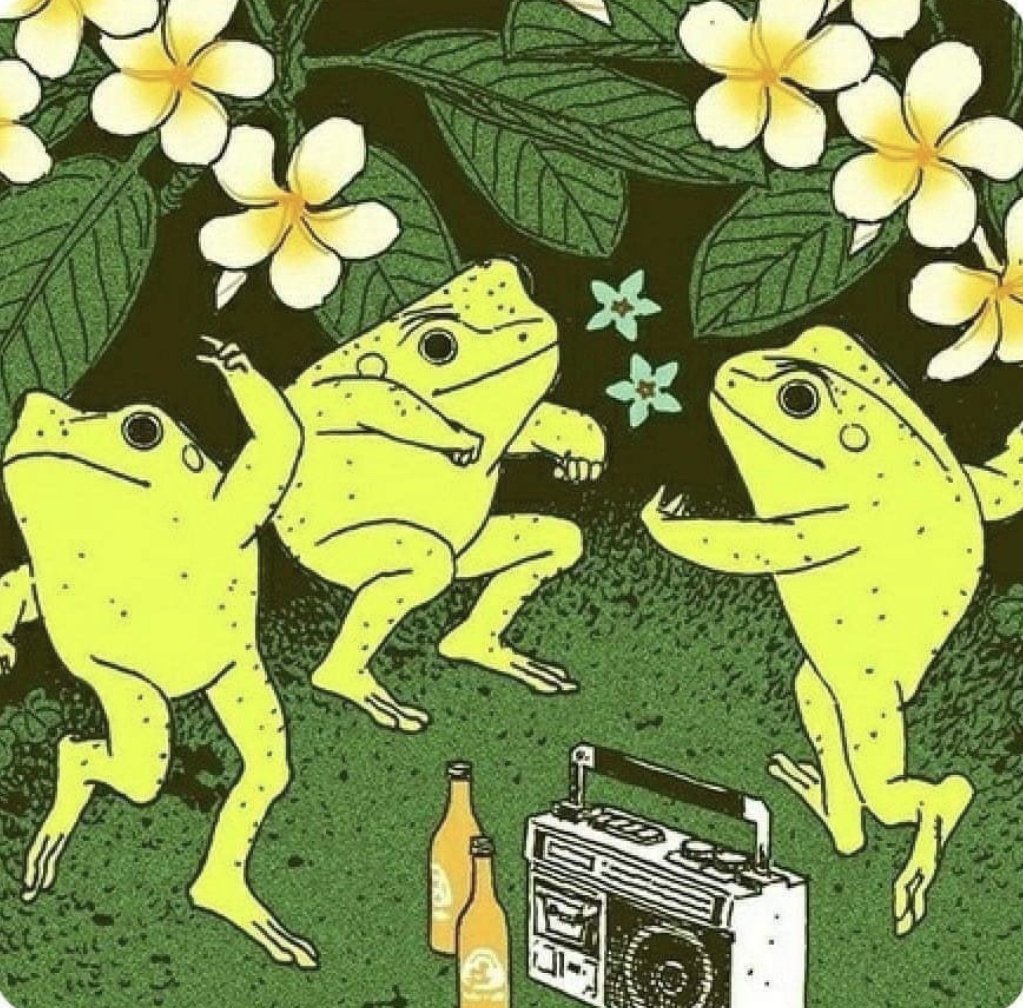I kinda want one after seeing this meme.
Well technically they did raise awareness.
Ah yes, disney making things to raise awareness and safe the world
Ah yes, aquarium fishes being captured in the wild
Seriously.
Nothing is worse than a feral fish.
Those things are so riddled with diseases that you’ll be trying to eradicate the bubonic plague in your tank for about five years after the feral fish died. AFTER you empty the tank and hit it with a vinegar scrub and then literally a flame thrower.
The eye worms. THE EYE WORMs 🪱
I dare not google… Eye worms???
Eye worms.
Worms that eat out the eyes.
Damn…
Among the Hollywood “Law of unintended consequences,” the increase in shark hunting because of “Jaws” ranks pretty high.
Good ol’ Streisand effect
Same thing happened with the 101 Dalmatians 20 years ago:
Animal shelters around the country have reported sharp increases in the number of unwanted Dalmatian dogs this year, many of them given to children as gifts last Christmas after the release of Disney’s remake of the movie ‘‘101 Dalmatians.’’ Although nationwide figures are not available, some shelters say they have seen the number of abandoned dogs more than double and that they fear the problem will only grow worse with the new ‘‘101 Dalmatians’’ television program on ABC
https://www.nytimes.com/1997/09/14/us/after-movies-unwanted-dalmatians.html
Harry Potter and owls.
I put up an owl house in my backyard, and those ungrateful bastards let the squirrels have it. They were supposed to get rid of the squirrels not give them a house.
Why would you want to get rid of squirrels?
Thry keep grabbing his nuts.
Apples, but yeah
I hate people who get pets just because of popular media without doing proper research and actually understanding the resposibilities.
Pixar made finding nemo, not disney. It was released years before the acquisition.
Hard upvote for admitting you were wrong. I wish more people were willing to say they’d learned something.
Pixar made Finding Nemo for Disney during their collaboration period.
It is not hands that call us, but desire.
Huh, til. Thanks for the correction.
I think you’re mostly right. Disney was riding in Pixar’s wake. Maybe bankrolling their genius.
Actually, so fucking many species of fish are disappearing from nature’s rivers and streams because of things like poisonous chemicals/pesticides.
The fish hobby is a way to preserve nature. Take it from Heiko Blehr, a researcher who literally wrote the book for caring for many of the most famous and sensitive fish like discus and has traveled the world many times over and discovered thousands of new fish species.
Here is a great documentary on him and how he does it: https://www.youtube.com/watch?v=S3KccNiFIVQ
what about the boring fish? the non flashy or special ones who have cartoons made about them or some niche scientist’s interest? you’ll still eat those right?
What does being a hobbyist taking care of an aquarium have to do with eating fish?
Leaving them in nature to die and keeping them “safe” by preserving them in captivity is 2 sides of the same coin. Either way their natural lives have been robbed from them.
Not saying we should do nothing but just keep every species alive in special zoos and aquariams sounds dystopian and it feels like a stretch to call keeping animals in captivity “preserving nature”.
Axolotls are nearly if not already extinct in the wild. Hobbyists and researchers are the only thing keeping them in existence. Everyone adores seeing my axolotls and get emotionally invested in them almost immediately, which provides a very tangible in person thing for them to think about. It’s a good jumping off point for talking about what’s happening with lakes and rivers.
There are some things we shouldn’t take from the wild. Like I believe sourcing completely natural live rock is unethical as corals have it hard enough and it’s super easy to farm our own live rock. Some things it’s fine and can even help preserve them or teach people about conservation. I learned so much back when I took care of a marine tank. I have a much stronger understanding of how intricate and fragile our ecosystem can be and people should be allowed to learn and see that for themselves
But captive axolotls are not really true axolotls, they are different from the near extinct wild ones (they have a bit of tiger salamander mixed in). And this really only holds true if people breed their wild-caught aquatic animals - otherwise you are just grabbing a living being from its home and putting it in a tiny cage. There is a place for wild caught fish, but it doesn’t seem very kind to remove them from their habitat to languish in an aquarium for a fraction of their normal lifespan, which is undoubtedly what happens a lot…











